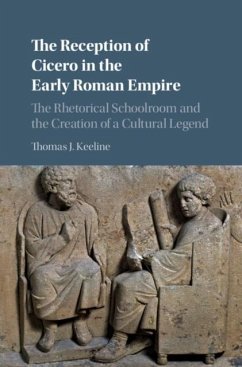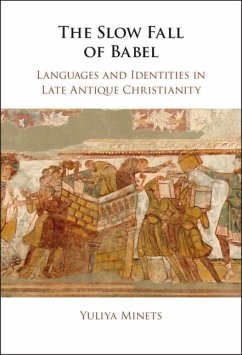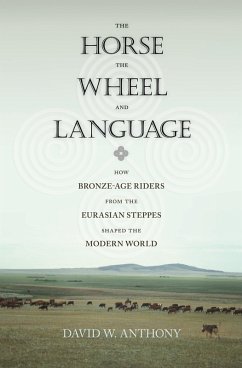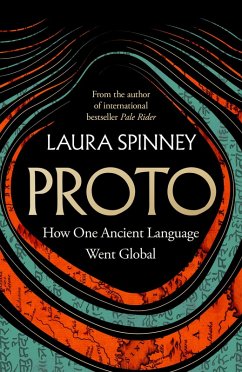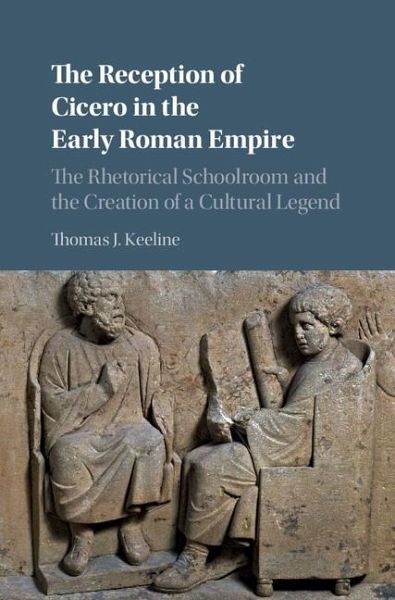
Reception of Cicero in the Early Roman Empire (eBook, ePUB)
The Rhetorical Schoolroom and the Creation of a Cultural Legend
Versandkostenfrei!
Sofort per Download lieferbar
20,95 €
inkl. MwSt.
Weitere Ausgaben:

PAYBACK Punkte
10 °P sammeln!
Cicero was one of the most important political, intellectual, and literary figures of the late Roman Republic, rising to the consulship as a 'new man' and leading a complex and contradictory life. After his murder in 43 BC, he was indeed remembered for his life and his works - but not for all of them. This book explores Cicero's reception in the early Roman Empire, showing what was remembered and why. It argues that early imperial politics and Cicero's schoolroom canonization had pervasive effects on his reception, with declamation and the schoolroom mediating and even creating his memory in s...
Cicero was one of the most important political, intellectual, and literary figures of the late Roman Republic, rising to the consulship as a 'new man' and leading a complex and contradictory life. After his murder in 43 BC, he was indeed remembered for his life and his works - but not for all of them. This book explores Cicero's reception in the early Roman Empire, showing what was remembered and why. It argues that early imperial politics and Cicero's schoolroom canonization had pervasive effects on his reception, with declamation and the schoolroom mediating and even creating his memory in subsequent generations. The way he was deployed in the schools was foundational to the version of Cicero found in literature and the educated imagination in the early Roman Empire, yielding a man stripped of the complex contradictions of his own lifetime and polarized into a literary and political symbol.
Dieser Download kann aus rechtlichen Gründen nur mit Rechnungsadresse in A, B, BG, CY, CZ, D, DK, EW, E, FIN, F, GR, HR, H, IRL, I, LT, L, LR, M, NL, PL, P, R, S, SLO, SK ausgeliefert werden.




